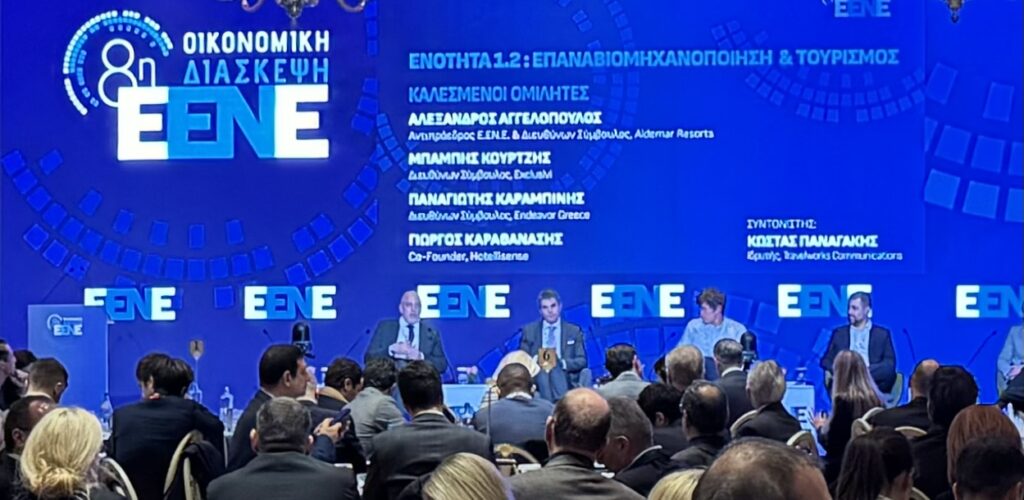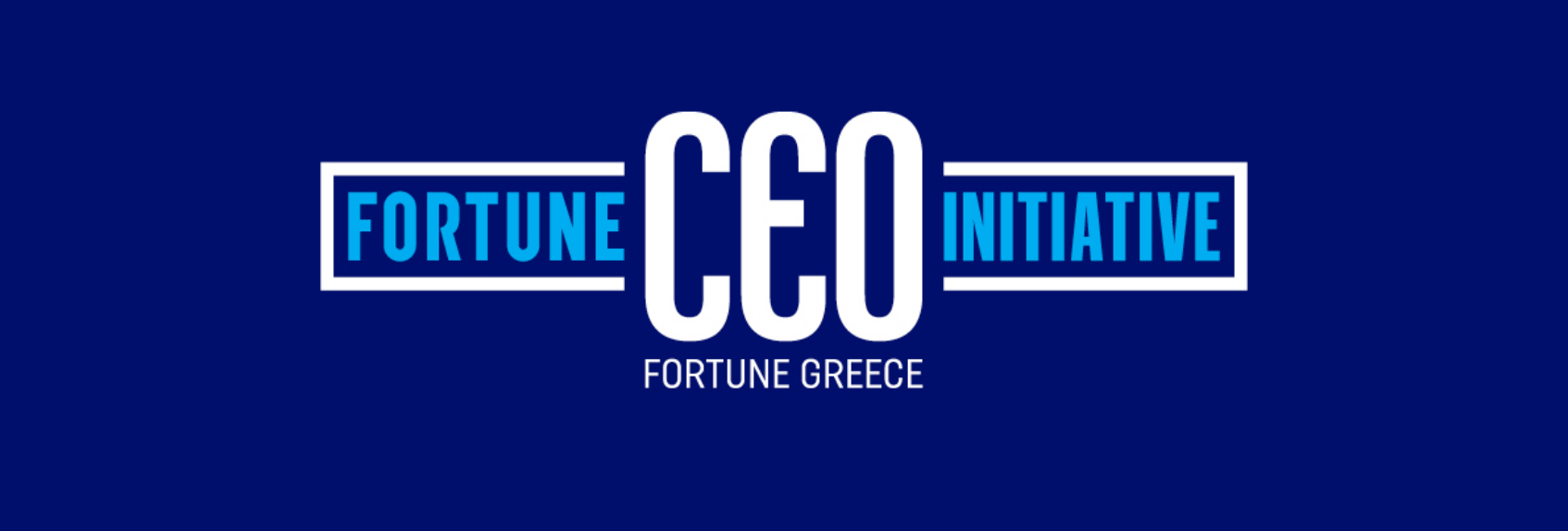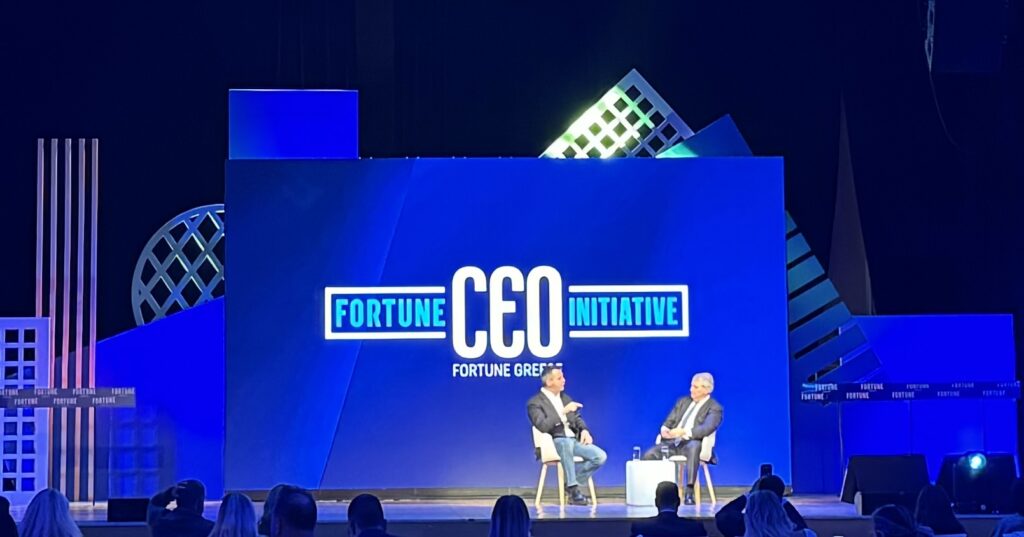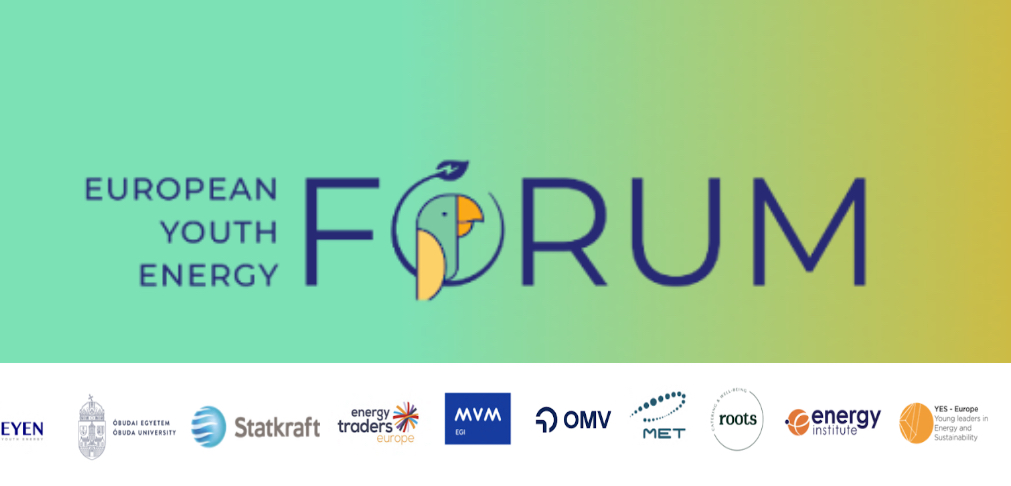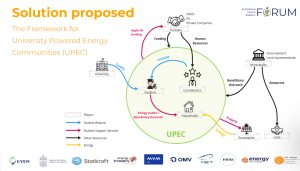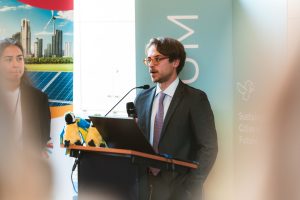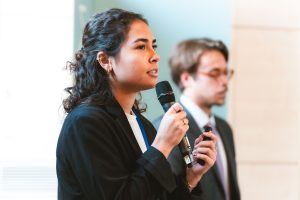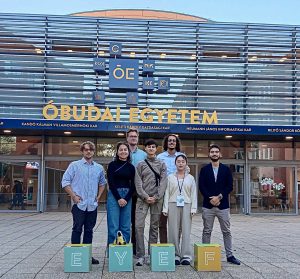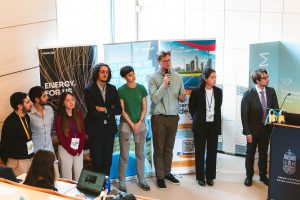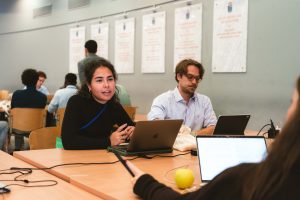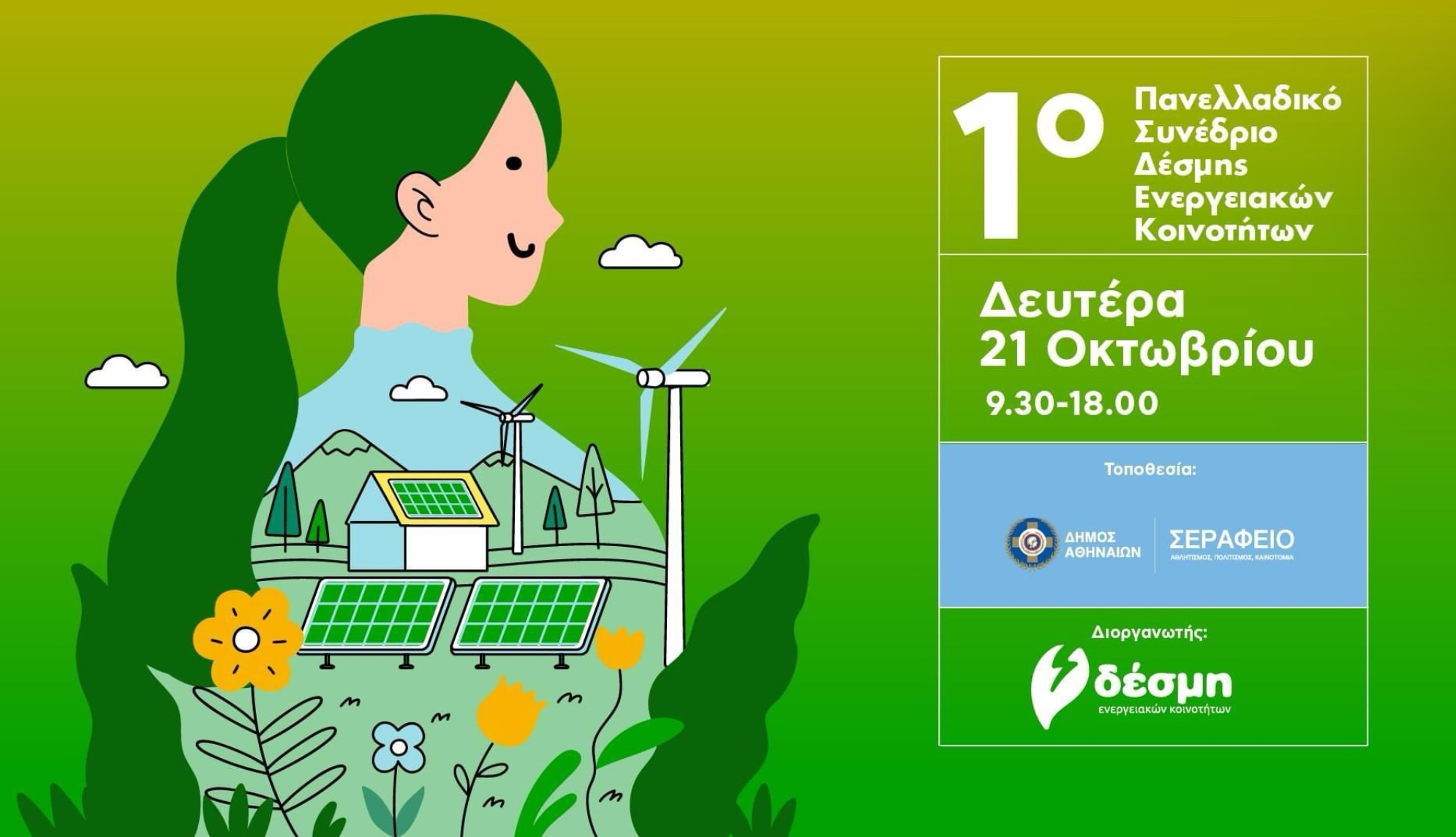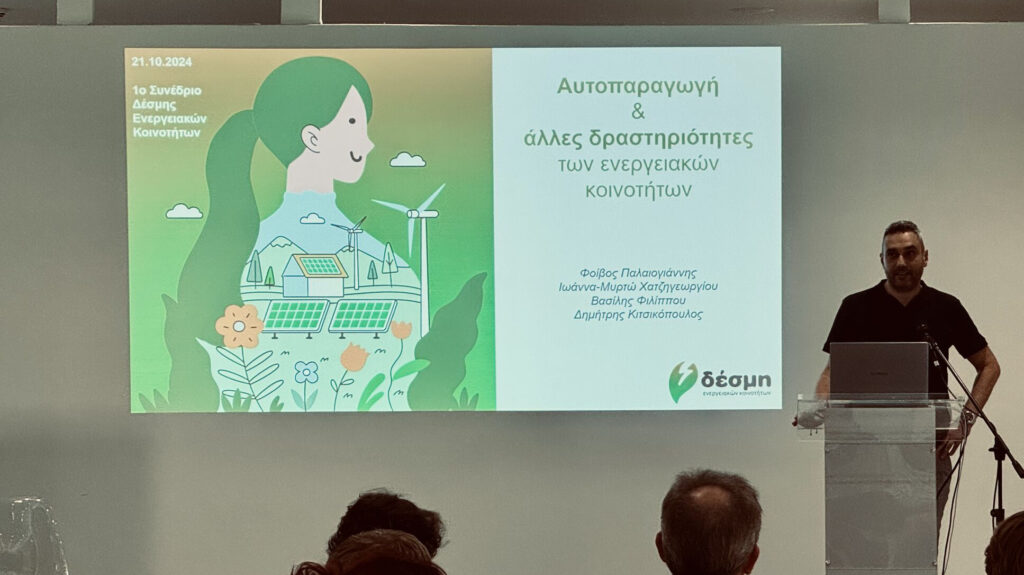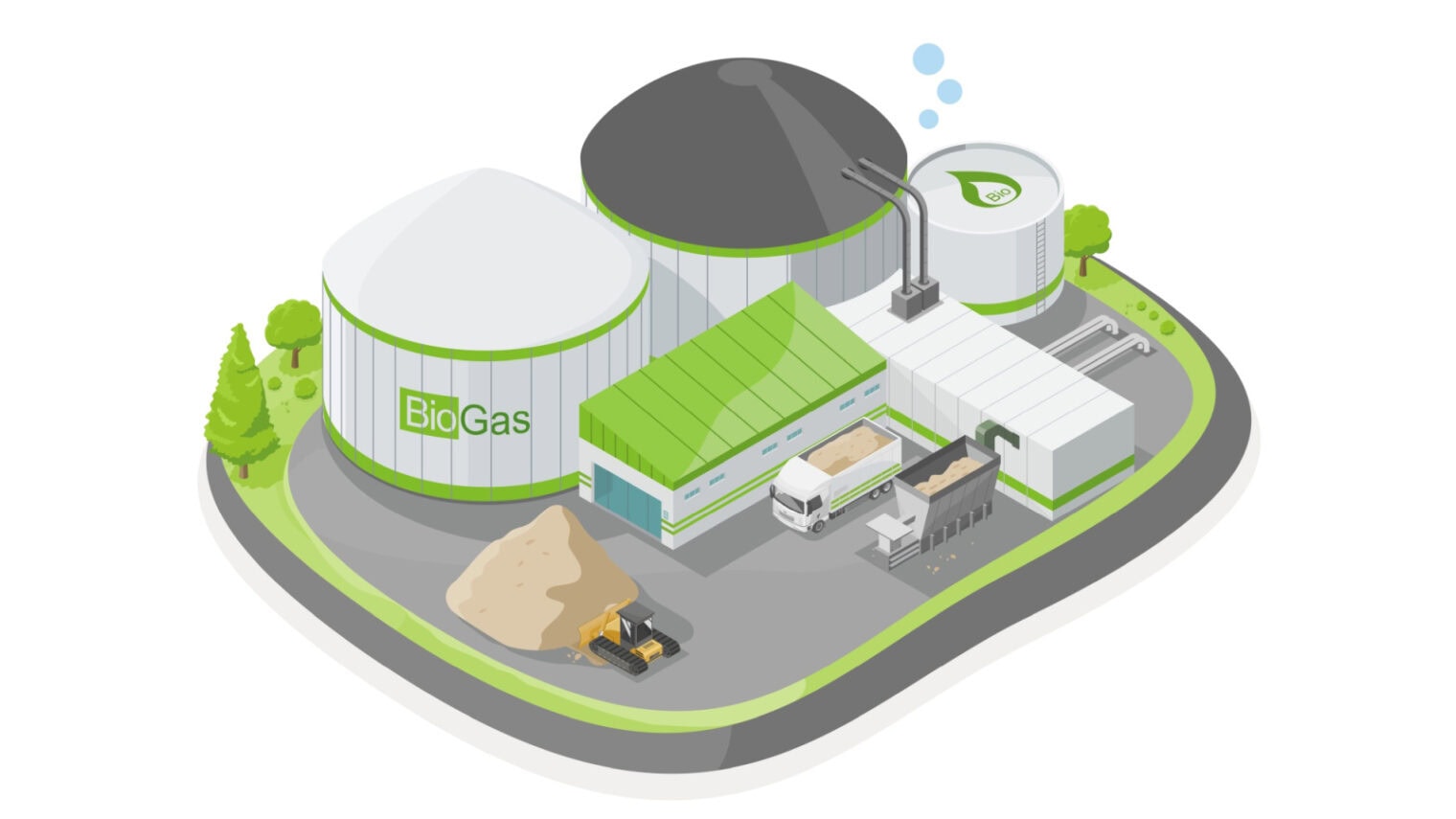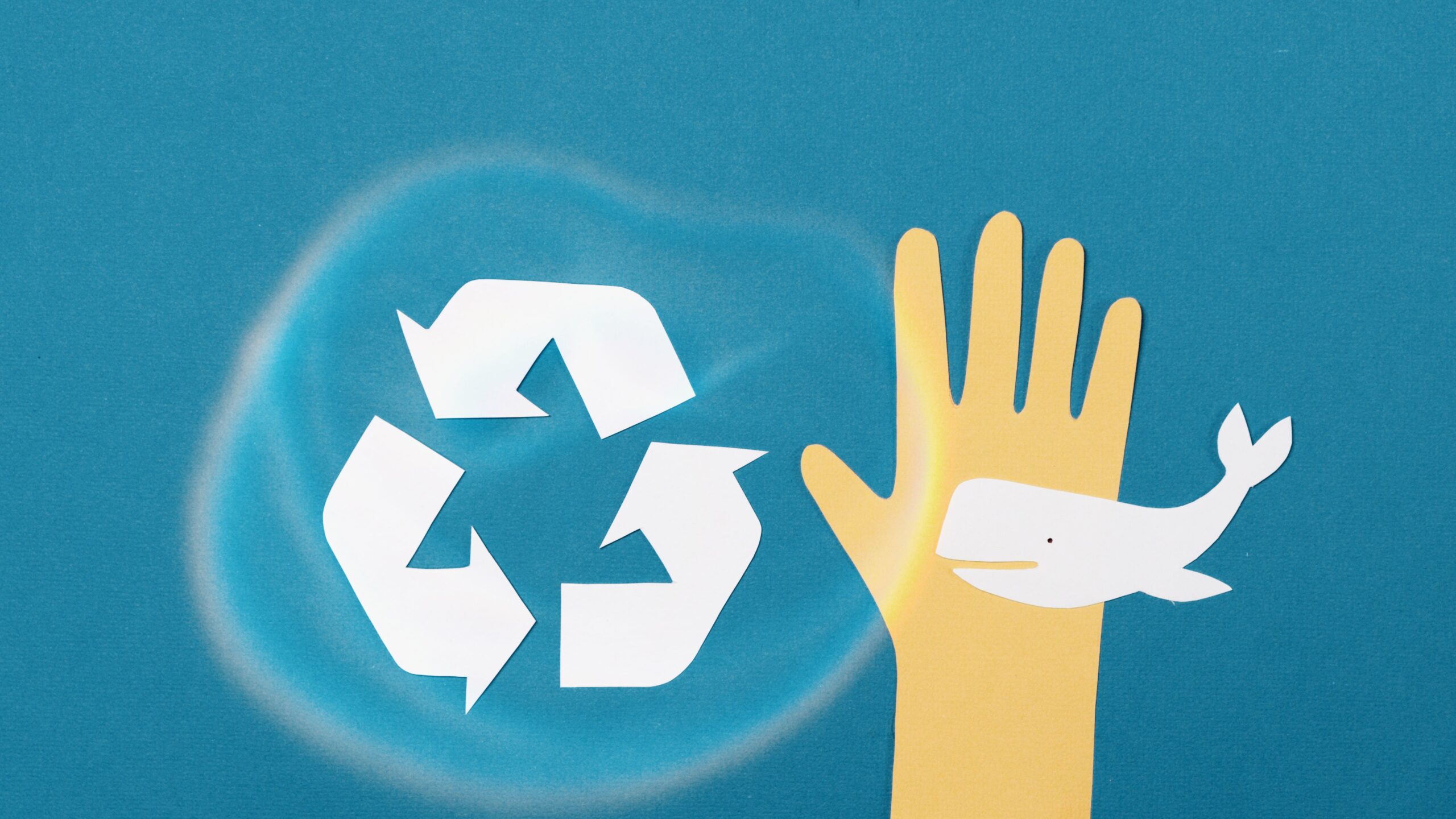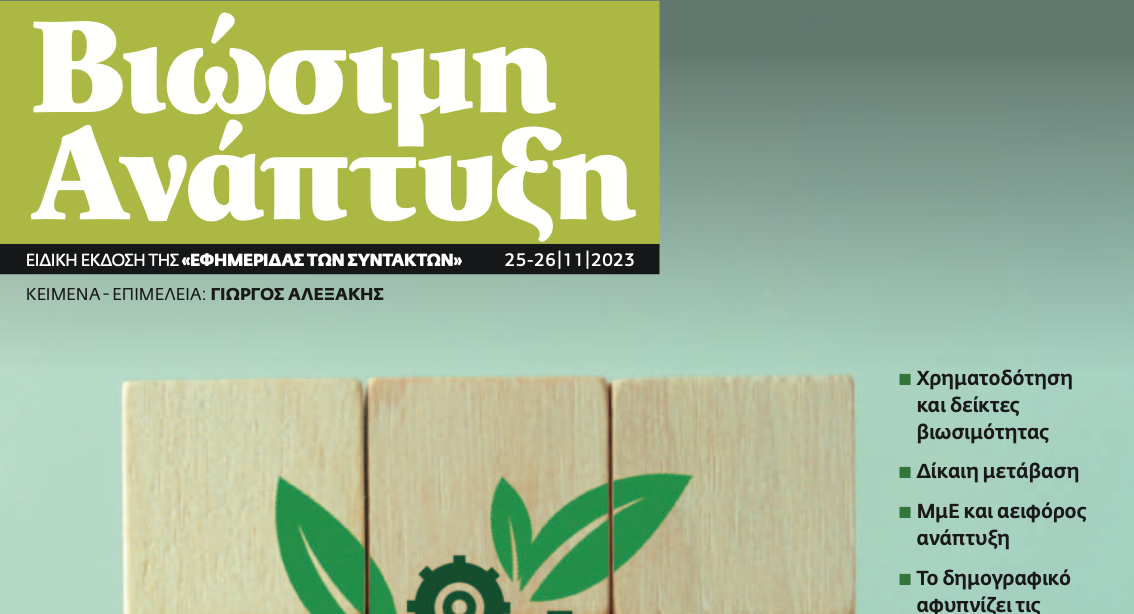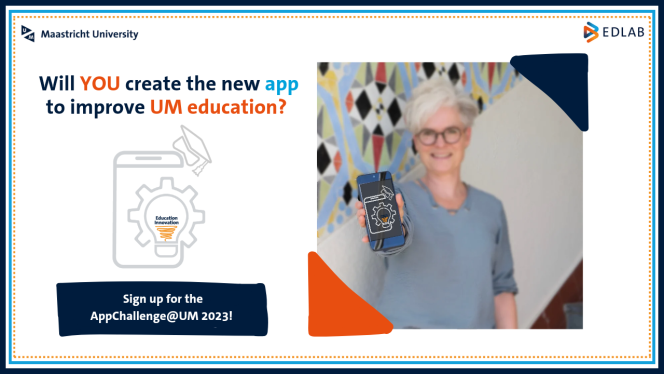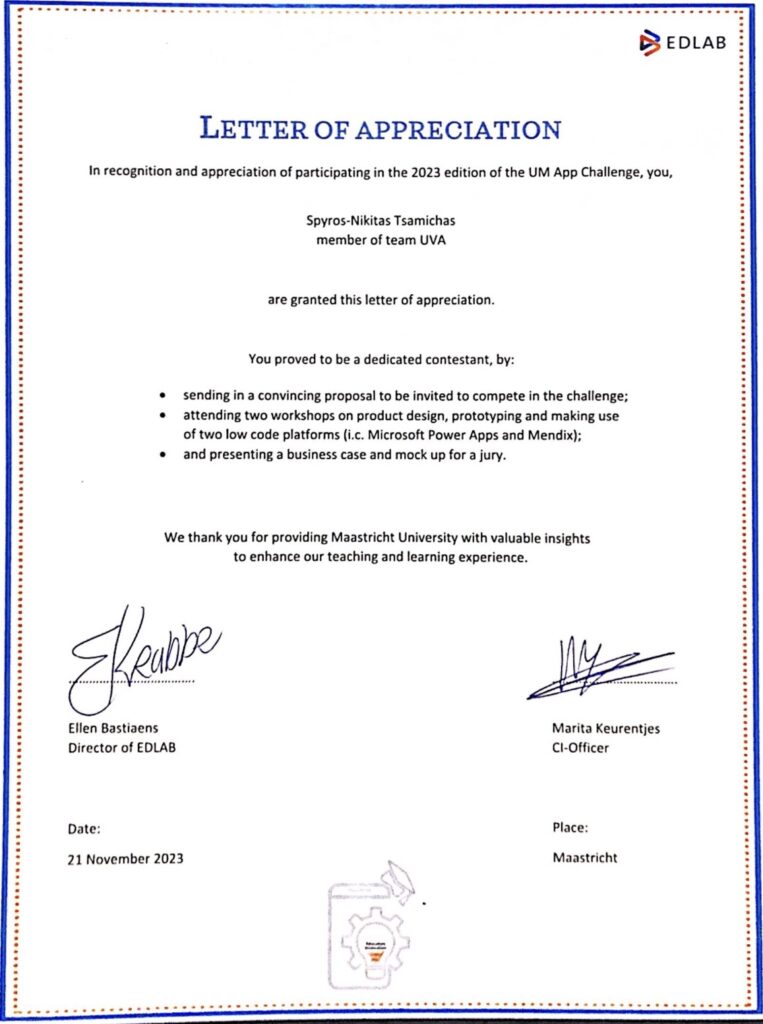I am deeply grateful to George Alexakis for featuring my insights in his comprehensive article on Biomethane at the prestigious Energymag. It’s an honor to be part of this vital conversation about the future of green energy and the role of biomethane.
The article discusses how biomethane is key to the green transition and circular economy, complementing intermittent renewable sources like solar and wind power. As a sustainable alternative to natural gas, biomethane supports Europe’s ambitious climate targets and energy security.
https://www.energymag.gr/energeia/95955_biomethanio-ohima-gia-prasines-yperaxies-kai-katalytis-kyklikotitas-ston-protogeni
Biomethane: A vehicle for green surpluses and a catalyst for cyclicality in the primary sector
In particular, as biogas and biomethane production is based on anaerobic digestion of organic materials, where in the absence of oxygen, bacteria break down organic matter, releasing gases consisting mainly of methane and carbon dioxide, it can be an opportunity for many areas of the region.
A key pillar of the green transition and of strengthening the process of adopting the principles of the circular economy in the primary sector is the development of alternative fuels, to which major players in the gas market are looking forward. These ‘players’ see a ‘green’ future in biomethane produced from organic waste, which is abundant in agricultural and livestock areas, when the transitional ‘fuel’ for carbonisation, which is natural gas, has been relegated to the background.
Against this background, given that the primary sector will have to reduce greenhouse gas emissions in line with Community targets, such processes represent opportunities for synergies and also ‘diving boards’ for modernisation. In particular, as biogas and biomethane production is based on anaerobic digestion of organic materials, where, in the absence of oxygen, bacteria break down organic matter, releasing gases consisting mainly of methane and carbon dioxide, it can be an opportunity for many areas of the region.
“Europe is at the forefront of the green revolution, leading the way in the production of biogas and biomethane, which will play a key role in the continent’s energy transition. In the battle against the urgent need for decarbonisation, biomethane offers a sustainable and flexible solution of the quality of natural gas, in line with Europe’s ambitious climate targets. This bio-based energy source encapsulates the essence of the circular economy, turning organic waste into energy for lighting buildings, powering vehicles and industries, while cementing the EU’s commitment to a sustainable, self-sufficient and secure energy future” says Spyros-Nikitas Tsamichas Co-Founder of Energon GreenSolutions, specialising in renewable energy project licensing and overall green transformation actions.
As it says, “by producing biomethane, Europe is reducing its dependence on external energy suppliers, ensuring a stable and reliable supply of green energy within its borders.
The storability and stable production rate of biomethane complements intermittent renewable energy sources such as solar and wind power, thus playing a crucial role in balancing the energy grid.”The ambitious target of the plan is for the EU to produce 35 billion cubic metres of biomethane per year by 2030, requiring an investment of €83 billion, depending on the size of the plant, location and type of sustainable feedstock.That said, it is interesting that during his presence in Athens a few days ago, Italgas CEO Paolo Gallo, for the inauguration of the new offices and the announcement of the new name of DEPA Infrastructure, which as we know was acquired by Italgas in September 2022, focused on renewable gas issues such as biomethane and, in the future, hydrogen. It should be noted that Italgas’ subsidiary Enaon Eda has taken control.
However, as it turned out, with an eye to the future, Italgas is looking at these new fuels with interest.
To this end, it is upgrading its network and installing smart meters to measure the biomethane or other renewable gases transported by it.
He said that the investments of the Greek company of the Italgas Group will reach well over 900 million euros by 2029, while he stressed that from 2025 onwards, the installation of Nimbus, the latest generation of “H2 ready” smart meters, developed internally by the Italgas Group, will also begin in Greece.
DESFA
Similar moves have been made by DESFA. The Operator in September 2022 signed a Tripartite Cooperation Agreement for the development of a Pilot Project of biomethane injection in the National Gas Transmission System with Polyeco and Ergoplanning.
As DESFA said in a statement at the time, the relevant Cooperation Agreement marked the opening of this market, based on a specific action plan and a defined timetable, which provided for a final investment decision by the end of 2023.
As stated in the Cooperation Agreement, biomethane may be used instead of natural gas for the Operator’s own consumption purposes in the operation of the compression stations in Nea Mesimvria in Thessaloniki and Abelia Farsala in Thessaly, which is currently carried out using natural gas. As both plants are located close to areas with high waste availability, this move is a feasible and economically viable solution, which also significantly improves the carbon footprint of the plants. DESFA’s synergy with the two companies covers the entire biomethane value chain, from a large waste portfolio for the uninterrupted supply of the plant, to its installation, operation and management and the final extraction of the green gas for consumption.
In fact, the CEO of DESFA, Maria Rita Galli was quick to comment that “biomethane, as a renewable and locally produced fuel with a zero carbon footprint, is a promising solution both for the transition to a green energy system at an affordable cost and for the significant reduction of energy dependency”, while the President & CEO of POLYECO, Mr. Ioannis Polychronopoulos, had said that “the current energy crisis requires the development of partnerships, strategies and solutions that will create high business prospects in the transformation of energy systems.
Polyeco’s collaboration with DESFA and Ergoplanning for the implementation of a pilot project for the production of energy from renewable energy sources, specifically biomethane, is based on energy recovery from the utilization of organic non-hazardous waste and is part of the action plan for the circular economy.
Finally, Mr Spyros Tziakas, representative of Ergoplanning, had noted with emphasis that “although in Europe such plants have been established, unfortunately in Greece we do not even have the required institutional framework. The initiative, which has been launched by DESFA and some other market players, gives the opportunity to create the conditions to pave the way for the implementation of such units in our country as well. We hope that there will be a positive outcome both for the feasibility of a first biomethane plant that will cover part of DESFA’s needs, and for the implementation of other plants, which will have the necessary investment interest and will help us to have green gas production in Greece as well. This development is very important, as it is linked both to the need for energy self-sufficiency and autonomy, which has been highlighted even more strongly by the events that have been taking place recently, and to the need for substantial assistance in the proper management of the waste that is available.”
